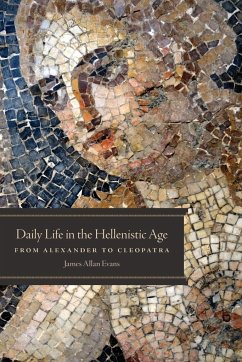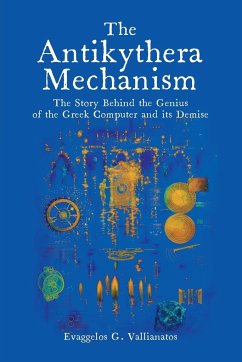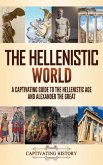The Hellenistic world, ushered into existence in 323 b.c.e. through the conquests of Alexander the Great, stretched from India in the east to Sicily in the west. Within this vast region, society was multicultural, but the dominant culture was that of the Greeks (who called themselves Hellenes). The Hellenistic Age carried on the legacy of classical Greece in the visual arts, literature, science, technology, religion, and urban daily life. In Daily Life in the Hellenistic Age, James Allan Evans guides the reader through the vast conquered lands of the shortlived Hellenistic empire and its successor kingdoms. In lively narrative chapters, Evans explores such topics as marriage customs; women in Hellenistic societies; festivals, sports, and spectacles; symposia (drinking parties); the agricultural and commercial components of the polis (city-state); food and drink; education; science and technology; and the legacy of the Hellenistic age in the modern world. This revised and updated paperback edition includes two maps.
Hinweis: Dieser Artikel kann nur an eine deutsche Lieferadresse ausgeliefert werden.
Hinweis: Dieser Artikel kann nur an eine deutsche Lieferadresse ausgeliefert werden.








